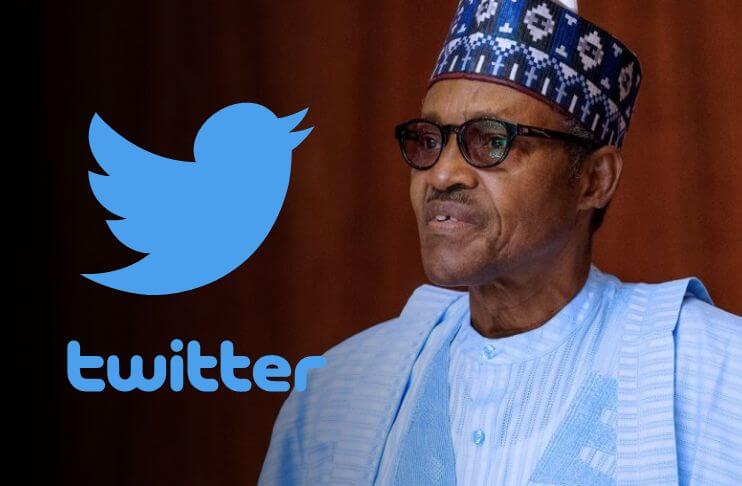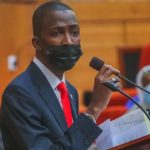The federal government of Nigeria is awaiting Twitter’s response to its three demands before the microblogging platform it will be allowed to operate in Nigeria.
The minister of Information and Culture, Lai Mohammed in Washington DC during his ongoing engagement with various global media outlets, global think tanks, and influencers, disclose that even the other three outstanding demands are not really about whether they agreed or not but about timing and scheduling.
Although the government did not specifically state the three demands but referred to them as “grey areas,” Lai Mohammed during his interactions with Reuters, Washington Post, and Bloomberg Quicktake, a live streaming news service, said there was an end in sight of an amicable settlement of the ban.
“As recently as last week, we exchanged correspondence with Twitter, and when I left home a few days ago, we are expecting a reply from them,” Mr Mohammed added. “It is rather more left with Twitter to respond to grey areas that we asked them to look into.”
Mr Mohammed further explained that the Twitter ban had been effective, claiming there have been less dangerous content on social media.
He said other social media platforms had been more conscious and alert to injurious content likely to threaten national security.
The minister asserted that it would not be business as usual from the talks they had with Twitter when the platform resumed operations.
“Twitter operation was suspended because they were threatening national security, pitching one ethnic group against the other, interfering recklessly in the internal affairs of our country,” Mr Mohammed claimed. “It renders its platform as a platform of choice for those who are preaching separatism and lend their resources to protesters against the police without understanding the nuances of our culture.”






